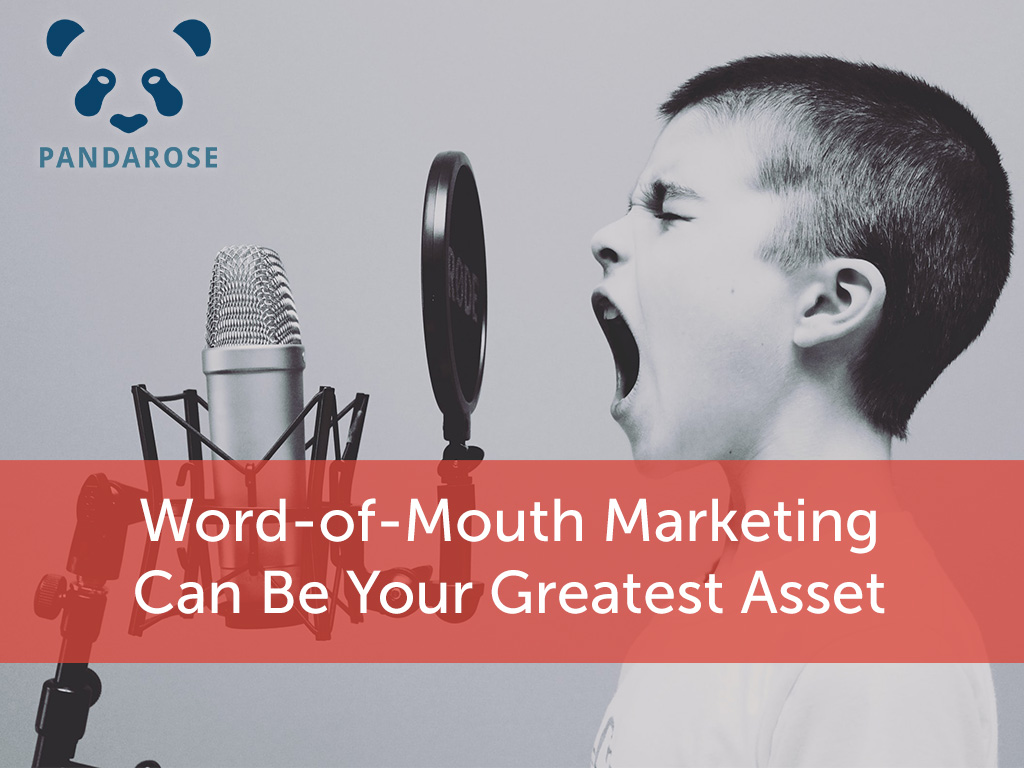“We don’t need a website, we rely entirely on word-of-mouth referrals.”
“We don’t need SEO, we get all our referrals from word-of-mouth.”
“Social media isn’t for us, people hear about us via word-of-mouth.”
“Why pay for ads when our customers advertise for us for free?”
I’m going to start out by saying this: word-of-mouth can be your greatest marketing asset. No doubt. If you treat your clients well and they are so happy with you services that they go out and tell family, friends, acquaintances, and random people in line at the grocery store about your business (not gonna lie, I do this), then you are off to an excellent start. One happy client can reach a decent number of people, at least if they’re social like I am. But in order for it to be a great asset, you need a solid foundation beneath it.
The What Ifs
What happens when someone hears about your business from someone in the grocery line at the store? They go to look you up on their search engine of choice, but can only remember part of your business’s name? If you’re in a big city, that can yield a lot of results. How do they know which one is you? With good SEO in place, that can tighten things up a bit and with the right keyword search this person will be able to find your proper business name, hours of operation, and location.
Or what if someone in that grocery store line was eavesdropping (as I can’t resist!) and was intrigued by the conversation, but didn’t have a need for that particular service, but was curious about this amazing company that was being discussed? They might be curious enough to go look you up to find out more. How are they going to do that if you don’t have a web presence? A website is going to tell them about all the other services you offer, your hours of operation, other testimonials and reviews, and your location.
How about the savvy young consumer who loved their experience and wants to share it with their friends on social media? Maybe they’re an introvert and don’t go out much, but when they’ve had a great experience, they love to share and tag their favourite business on TikTok or Instagram so their followers can friend and follow that business as well, which is going to boost visibility of that business? (Me, all the time, and I’m not even young anymore.) Do you want to miss out on this opportunity?
In these instances, word-of-mouth had a great start, but in the end, it can waver and outright fail.
The Bad News
Now let’s take a turn down a dark alley this time. Have you ever had an irate client (or even someone who WASN’T a client) attack your business for completely irrational reasons? Maybe they just didn’t like you or one of your employees, your political beliefs, your business, or the way you cut your hair.
Either way, sometimes someone can come along and attack your business out of nowhere, and there’s the old saying by Jonathan Swift, “falsehood flies, and the truth comes limping after it”. It can take one bad actor spreading lies and half-truths to destroy destroy your good reputation in just a day. In this case, someone else’s word-of-mouth campaign can outright destroy your own word-of-mouth campaign in the worst sort of way.
Word-of-Mouth Needs a Foundation
Let’s come back around to word-of-mouth marketing. Word-of-mouth isn’t a strategy. It’s one tool in a toolbox containing many tools, and to rely on only one tool can leave you weak. However, if you’ve built a full marketing strategy using more than one tool, such as the others mentioned above, you’ll have a stronger foundation and better defences when someone comes at your business. Things like a website, SEO, social media, and PPC can act to strengthen and amplify your word-of-mouth campaign.
